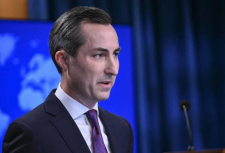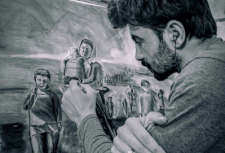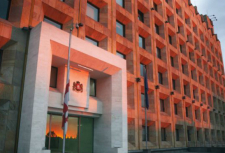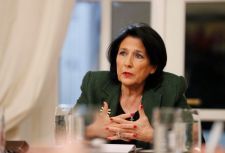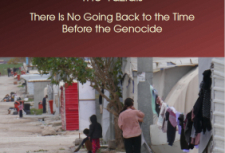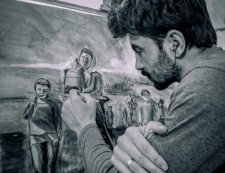Iraq: Yazidi community suffers one crisis after another
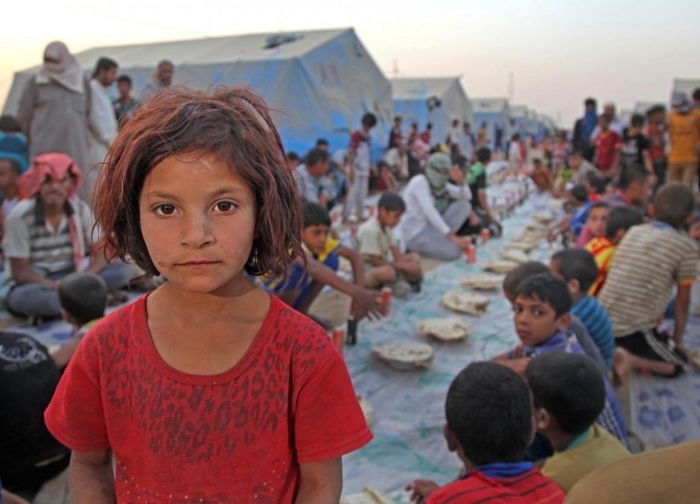
Part-1
The COVID-19 pandemic is having a profound impact on the Yazidi community in the Sinjar district of northwest Iraq. Although there are not many cases recorded in the area, the restrictive measures adopted in Iraq (as in many other countries worldwide) to curb the spread of the virus are burdening the daily lives and wellbeing of an already vulnerable community.
In 2014, the Islamic State (IS) group swept through the Sinjar region mounting what Yazidis, a religious minority mainly living in north-west Iraq, refer to as a ‘genocidal’ campaign against them.
The IS militants slaughtered thousands of men and abducted an estimated six thousand women and children, either selling them into servitude or forcing them into sexual slavery. More than six years on, and after the city was taken back from IS in 2015, many families have been left with mental and physical scars. Some people are still looking for loved ones who went missing or mourning those who died, and many are fighting to rebuild their livelihoods.
The spread of COVID-19 has brought strict movement restrictions between the cities across Iraq. In Sinjar, these restrictions have immensely affected the economic situation and daily lives of local people, and in turn, their mental wellbeing. Most people in Sinjar were already living well below the poverty line, with widespread unemployment. Following the arrival of COVID-19, those who once had jobs are forced to stay at home, unable to work and provide for their families.
msf.org
Tags: #yazidisinfo #aboutyazidi #newsyezidi #genocideyezidi
Iraq: Yazidi community suffers one crisis after another

Part-1
The COVID-19 pandemic is having a profound impact on the Yazidi community in the Sinjar district of northwest Iraq. Although there are not many cases recorded in the area, the restrictive measures adopted in Iraq (as in many other countries worldwide) to curb the spread of the virus are burdening the daily lives and wellbeing of an already vulnerable community.
In 2014, the Islamic State (IS) group swept through the Sinjar region mounting what Yazidis, a religious minority mainly living in north-west Iraq, refer to as a ‘genocidal’ campaign against them.
The IS militants slaughtered thousands of men and abducted an estimated six thousand women and children, either selling them into servitude or forcing them into sexual slavery. More than six years on, and after the city was taken back from IS in 2015, many families have been left with mental and physical scars. Some people are still looking for loved ones who went missing or mourning those who died, and many are fighting to rebuild their livelihoods.
The spread of COVID-19 has brought strict movement restrictions between the cities across Iraq. In Sinjar, these restrictions have immensely affected the economic situation and daily lives of local people, and in turn, their mental wellbeing. Most people in Sinjar were already living well below the poverty line, with widespread unemployment. Following the arrival of COVID-19, those who once had jobs are forced to stay at home, unable to work and provide for their families.
msf.org
Tags: #yazidisinfo #aboutyazidi #newsyezidi #genocideyezidi
